To provide the best experiences, we use technologies like cookies to store and/or access device information. Consenting to these technologies will allow us to process data such as browsing behaviour or unique IDs on this site. Not consenting or withdrawing consent, may adversely affect certain features and functions.
The technical storage or access is strictly necessary for the legitimate purpose of enabling the use of a specific service explicitly requested by the subscriber or user, or for the sole purpose of carrying out the transmission of a communication over an electronic communications network.
The technical storage or access is necessary for the legitimate purpose of storing preferences that are not requested by the subscriber or user.
The technical storage or access that is used exclusively for statistical purposes.
The technical storage or access that is used exclusively for anonymous statistical purposes. Without a subpoena, voluntary compliance on the part of your Internet Service Provider, or additional records from a third party, information stored or retrieved for this purpose alone cannot usually be used to identify you.
The technical storage or access is required to create user profiles to send advertising, or to track the user on a website or across several websites for similar marketing purposes.
 When Donald Trump was pictured at the tail-end of his tenure as President, sitting uncomfortably at a table that looked like it had been retrieved from a skip, it provoked the sort of sneering commentary about office furniture choices previously seen when Dominic Cummings popped in to the Downing Street garden to deliver some self-serving blather from behind a rickety trestle. (more…)
When Donald Trump was pictured at the tail-end of his tenure as President, sitting uncomfortably at a table that looked like it had been retrieved from a skip, it provoked the sort of sneering commentary about office furniture choices previously seen when Dominic Cummings popped in to the Downing Street garden to deliver some self-serving blather from behind a rickety trestle. (more…)




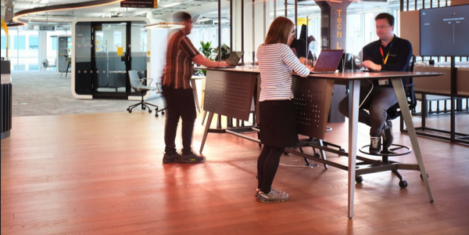
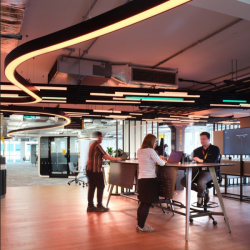


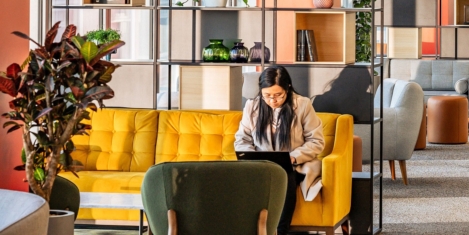
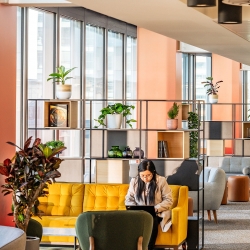 Uncertain times call for different measures and approaches, the old rules and playbooks are no longer applicable – so what are you going to do? Sit around, stagnate, hanker after old solutions trying to manipulate and squeeze them into new, unknowable, untried paradigms? No! One thing human beings are fairly good at is evolving and adapting to new and unknown situations and as we all know, being flexible and accepting change creates resilience and ensures survival.
Uncertain times call for different measures and approaches, the old rules and playbooks are no longer applicable – so what are you going to do? Sit around, stagnate, hanker after old solutions trying to manipulate and squeeze them into new, unknowable, untried paradigms? No! One thing human beings are fairly good at is evolving and adapting to new and unknown situations and as we all know, being flexible and accepting change creates resilience and ensures survival. 









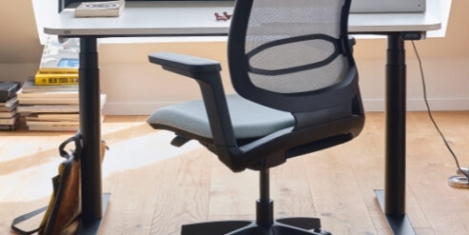
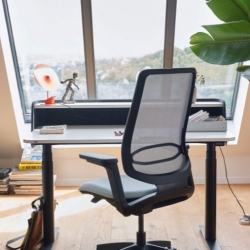








April 25, 2022
The studied carelessness of agile workplaces
by Mark Eltringham • Comment, Workplace design